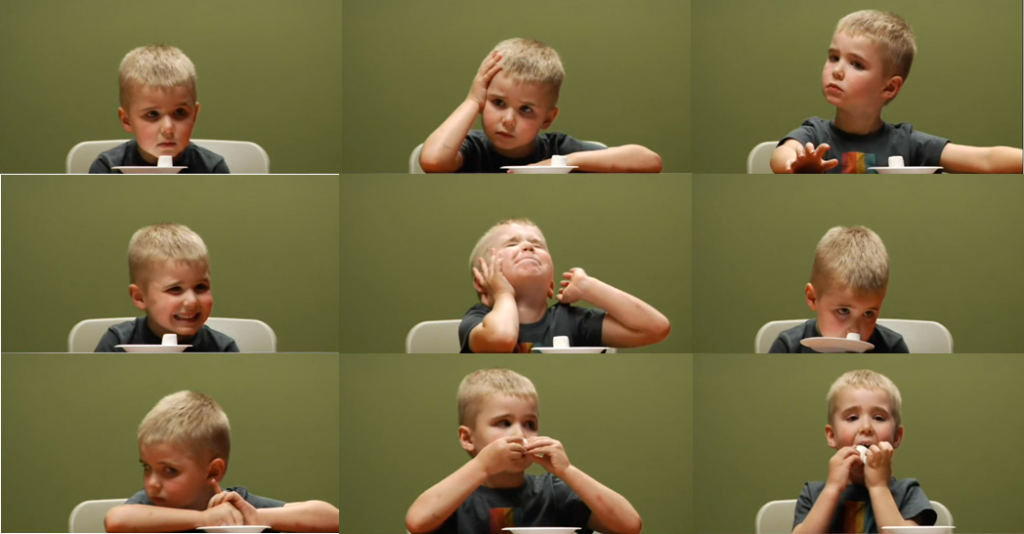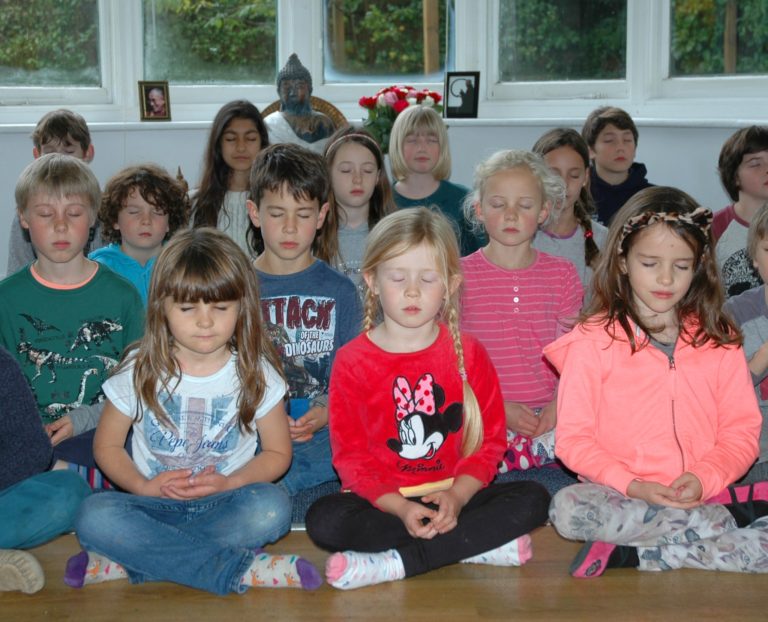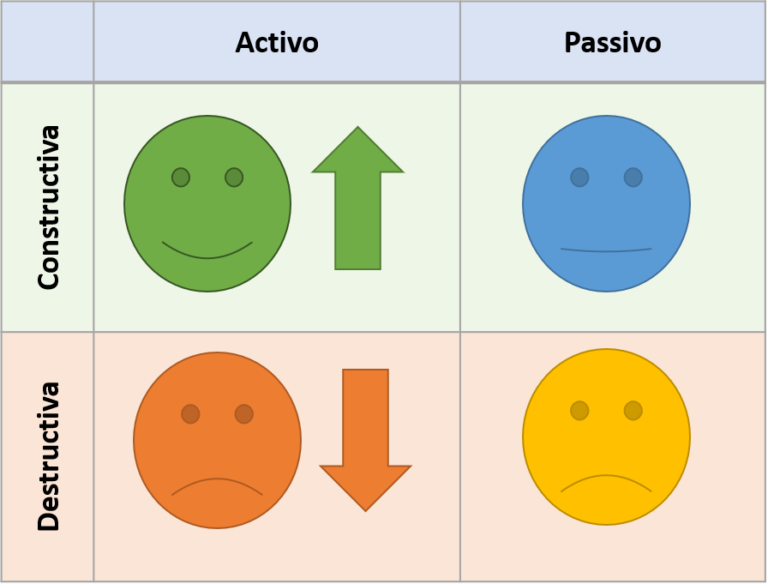Self-control is the ability to control our impulses, emotions and behaviors in order to achieve long-term goals.
To understand the importance of self-control it is necessary to cite one of the most famous experiments in this area, the Marshmallow test, designed by Walter Mischel. Mischel is a psychologist specialized in the study of personality that has focused his work in the area of self-control and willpower. In this experiment children between 4 and 5 years old were presented with a marshmallow on the table, which they could eat immediately or they could wait several minutes alone in the room and get two marshmallows. In this study the subjects were followed for 40 years to observe possible correlations. During adolescence, Mischel discovered that the individuals who delayed the reward showed better grades and their parents observed a greater capacity to plan, deal with stress, respond reasonably, exhibit self-control in frustrating situations and concentrate without being distracted.
As a final result, it was observed that there was a correlation between self-control and personal and professional “success”; consequently, the longer a child was able to delay the reward, the better their academic results, the higher salaries, and healthier and fuller lives. However, those who had not been able to control themselves were more likely to have problems with obesity and drug use. This study has been carried out in different cultural and socioeconomic environments and seems to remain valid in different contexts.

Mischel defines two systems: the hot system and the cold system; similar to system 1 and 2 exposed by Daniel Kahneman in his book Thinking Fast an Slow. These two systems are closely related. The hot system corresponds to the limbic system, which is characterized by being emotional, simple, reflex, fast and centered in the amygdala; it allows us to respond in the here and now. It develops at a very young age and is activated in stressful situations. The cold system is complex, slow and centered in the frontal lobe and in the hippocampus determining decision making and attention control. It develops later and is suppressed in situations of stress. Therefore, when the hot system is active the stimulus controls us; whereas when the cold system takes control we control the stimulus.
We start developing self-control since the beginning of our lives until approximately six years old, being particularly relevant from three to five years. It is possible to continue working this skill later, although it is harder to develop. Although each individual has different capacities to control the response to a given stimulus, both children and adults can learn mental techniques to distance themselves from temptation and reinforce self-control. In the case of the marshmallow, the crucial factor in delaying the reward is the ability to change the perception of the object or the action you want to resist, for example, turning the object into something imaginary like a photograph, or into something less attractive (instead of imagining it as something tasty and fluffy, imagine it as a piece of round, white cotton). On the other hand, we can concentrate on something completely different, or consider reward more attractive than immediate pleasure. However, Mischel defines the importance of having an implementation plan with the following formula “if …, then …”: “if this happens, then I’m going to do this”. This strategy is effective when the student repeats it until they internalize it, developing the ability to recognize situations where to apply it.
References:
- American Psychological Association. Delaying Gratification. American Psychological association. https://www.apa.org/helpcenter/willpower-gratification.pdf
- Brand, S. (2 May, 2016). Thinking hot and cool. The Long Now Foundation. http://longnow.org/seminars/02016/may/02/marshmallow-test-mastering-self-control/
- Frost, N. (September 14, 2018). The founder of the famous marshmallow test had some great advice about self-control. https://qz.com/1390515/walter-mischel-the-marshmallow-test-founder-had-great-tips-on-self-control/
- Levin, D., Teaching Character and Creating Positive Classrooms, Coursera. Relay Graduate School of Education: https://www.coursera.org/learn/teaching-character
- Konnikova, M. (9 October, 2014). The Struggles of a Psychologist Studying Self-Control. The NewYorker: https://www.newyorker.com/science/maria-konnikova/struggles-psychologist-studying-self-control
- Workman, L. (December, 2014) The master of self-control. The British Psychological society. https://thepsychologist.bps.org.uk/volume-27/december-2014/master-self-control



